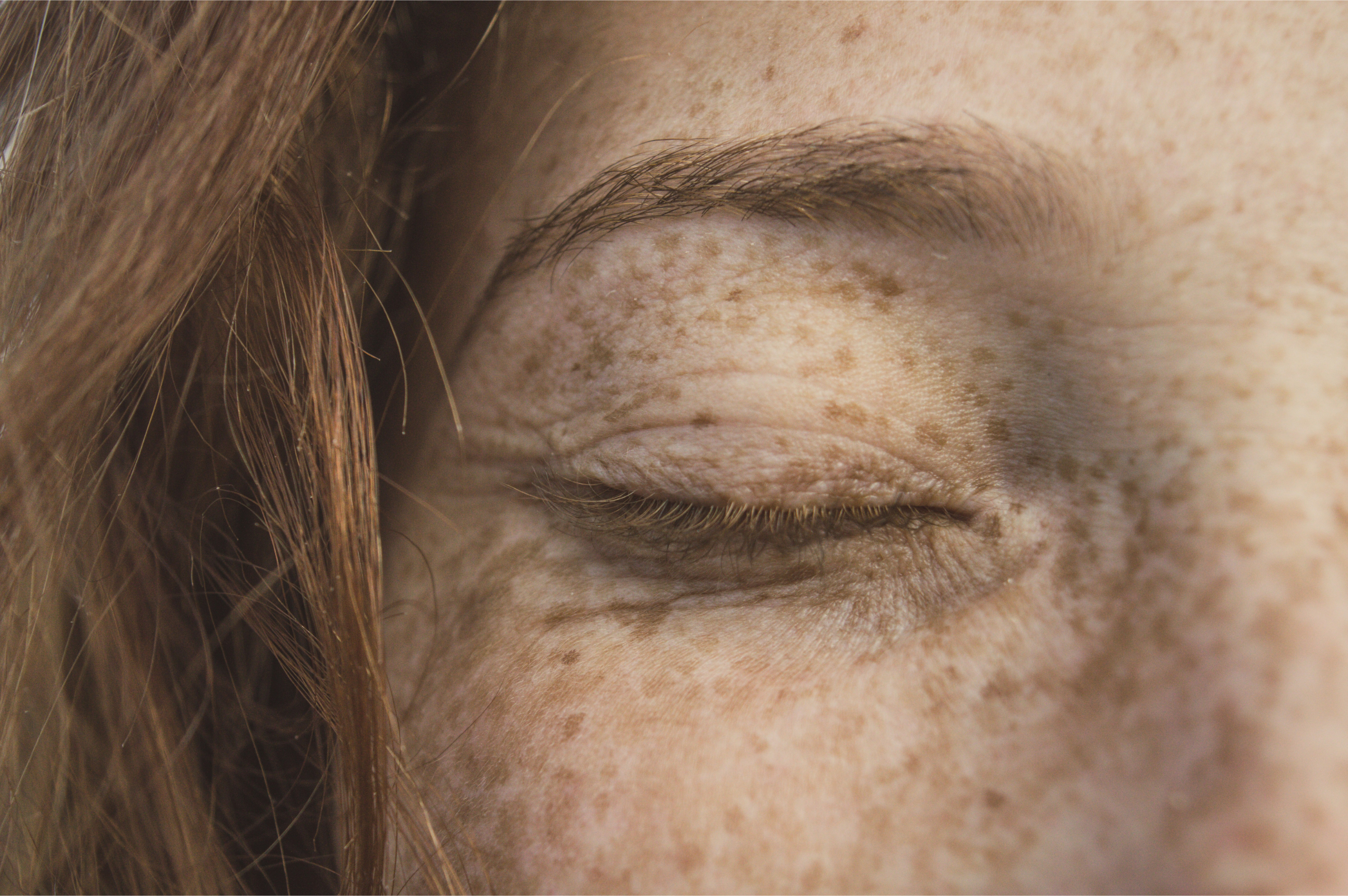Most of us are have heard of the term “gut microbiome.” We know that a well-balanced gut microbiome helps with proper digestion and plays an important role in the health of our heart, brain, and immune system.
The “skin microbiome,” similarly, plays an important role in our skin’s health. The skin microbiome refers to the diverse community of microorganisms that live on our skin, including bacteria, fungi, viruses, and other microbes. These microorganisms play a crucial role in maintaining skin health and are involved in various functions, such as:
- Barrier Protection - The skin microbiome helps to maintain the skin barrier function. It competes with potential harmful microorganisms for nutrients and space, preventing their spread and colonization on the skin.
- Immune System Regulation - The skin microbiome interacts with the immune system, helping to regulate immune responses. It promotes the development of a balanced and appropriate immune response, preventing excessive inflammation or immune reactions.
- pH Regulation - The skin microbiome contributes to the maintenance of the skin's pH balance. Some microorganisms produce substances that help regulate the acidity of the skin, creating an environment that is unfavorable for the growth of harmful bacteria.
- Anti-inflammatory Effects - Certain bacteria in the skin microbiome produce anti-inflammatory molecules, which can help in reducing inflammation and promoting skin healing
- Hydration and Moisture Regulation - The skin microbiome influences the skin's moisture levels. Microbes can contribute to the breakdown of substances that help retain moisture in the skin.
- Protection Against Environmental Stressors - The skin microbiome may provide protection against environmental stressors, such as UV radiation and pollutants, by producing substances that act as antioxidants or by directly interacting with environmental factors.
- Wound Healing - Some components of the skin microbiome contribute to wound healing by promoting tissue repair and regeneration.
It is clear that maintaining a diverse and balanced skin microbiome is important in preserving the above functions and for our overall skin health. However, several common lifestyle factors, such as diet, hygiene practices, and exposure to antibiotics, can influence the composition of the skin microbiome. Further, imbalances in the skin microbiome have been associated with various skin disorders, including acne, eczema, and psoriasis. When the composition of the skin microbiome is out of balance, the harmful microorganisms may multiply at the expense of the beneficial ones and disrupt their function.
The following tips can be helpful in promoting a more resilient and diverse skin microbiome for
better skin health:
- Manage Stress - Chronic stress can affect the body's immune response and hormone levels. Stress-induced changes may contribute to an environment conducive to the growth of harmful bacteria. Manage stress by making time for mindful exercises such as breathwork, meditation, or yoga in your daily routine.
- Use Antibiotics Responsibly - Antibiotics, whether taken orally or applied topically, can disrupt the balance of the skin microbiome by killing both harmful and beneficial bacteria. This disturbance may create an environment conducive to the overgrowth of opportunistic pathogens. Responsible uses include: (i) Do not take antibiotics for viral infections. (ii) Take antibiotics for the full duration prescribed. (iii) Do not save antibiotics for later use, and dispose of them correctly. (iv) Do not share or use antibiotics prescribed for someone else.
- Reduce use of Topical Antiseptics and Disinfectants - Regular use of harsh antiseptic or disinfectant products can alter the microbial composition on the skin. These products may eliminate beneficial bacteria, disrupting the natural balance. Use these types of products sparingly and only when strictly necessary.
- Practice Good Hygiene – Inadequate or excessive cleansing can impact the skin microbiome. Over-washing may strip the skin of beneficial microorganisms, while inadequate cleansing may allow harmful bacteria to thrive.
- Eat a Healthy Diet – A healthy diet plays an important role in the health and diversity of our skin microbiome. A diet high in sugar and processed foods may promote the growth of pathogenic bacteria, while a diet rich in fiber and nutrients can support a more diverse and balanced microbiome.
- Use Microbiome Friendly Skincare products – Excessive use of skincare products containing harsh chemicals, fragrances, or preservatives, can disrupt the skin microbiome and be harmful to growth of beneficial bacteria.
- Avoid pH-Altering products - Skincare products that significantly alter the pH of the skin can affect the growth of different microorganisms. The skin has a slightly acidic pH that helps maintain a healthy microbiome. Products that disrupt this pH balance may impact the growth of various beneficial bacterial.
- Exercise Restraint in Skin Treatments and Exfoliation – Chemical peels and other similar skin treatments, as well as exfoliating products, such as those containing alpha hydroxy acids (AHAs) or beta hydroxy acids (BHAs), can remove dead skin cells and may influence the balance of the skin microbiome. These products can expose different layers of the skin and alter the microenvironment. After such treatments, balance your microbiome by using hygienic skincare tools and microbiome friendly post-treatment products.
While research into this area continues to explore the intricate relationship between the skin microbiome and skin health, one thing is certain. Fostering the beneficial bacteria and microorganisms that inhabit our skin through thoughtful skincare routines can lead to better skin health overall.
The LUNAESCENT touch-free applicator provides a hygienic and effective delivery and application method for any type of skincare – from oils and serums to medicated topicals and sunscreens – keeping unhealthy bacteria in check and allowing for healthy microorganisms on our skin to thrive.
Photo by Chermiti Mohamed on Unsplash


